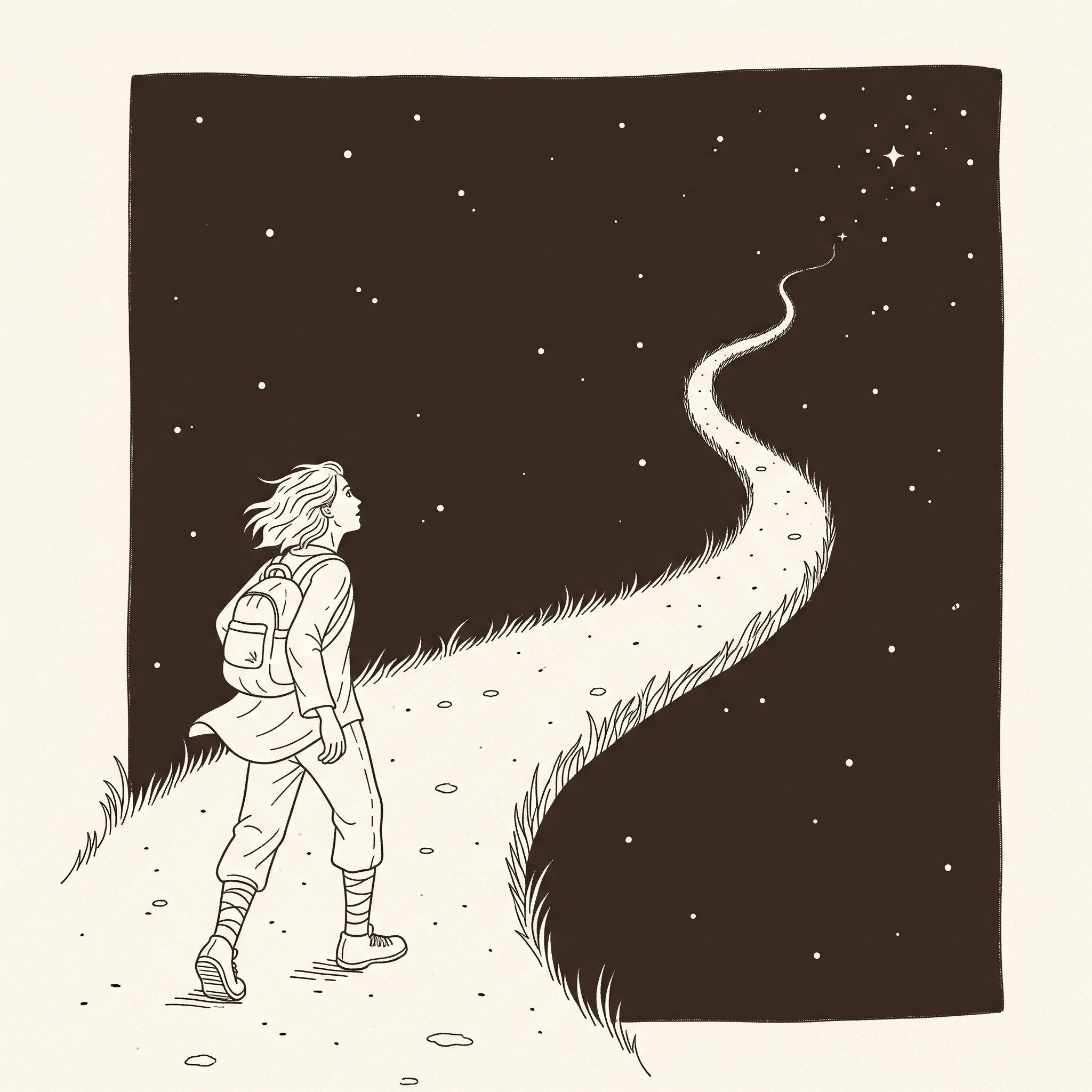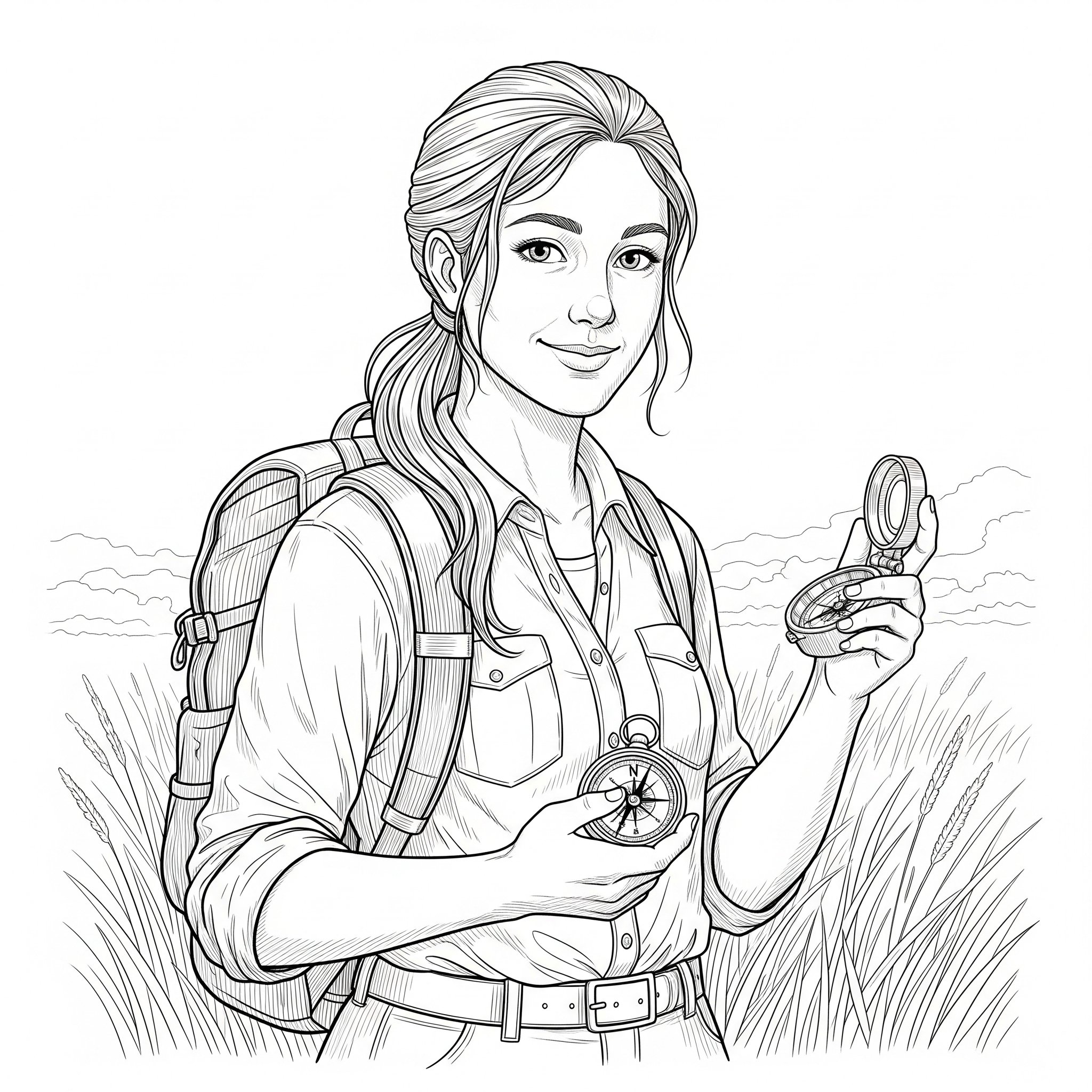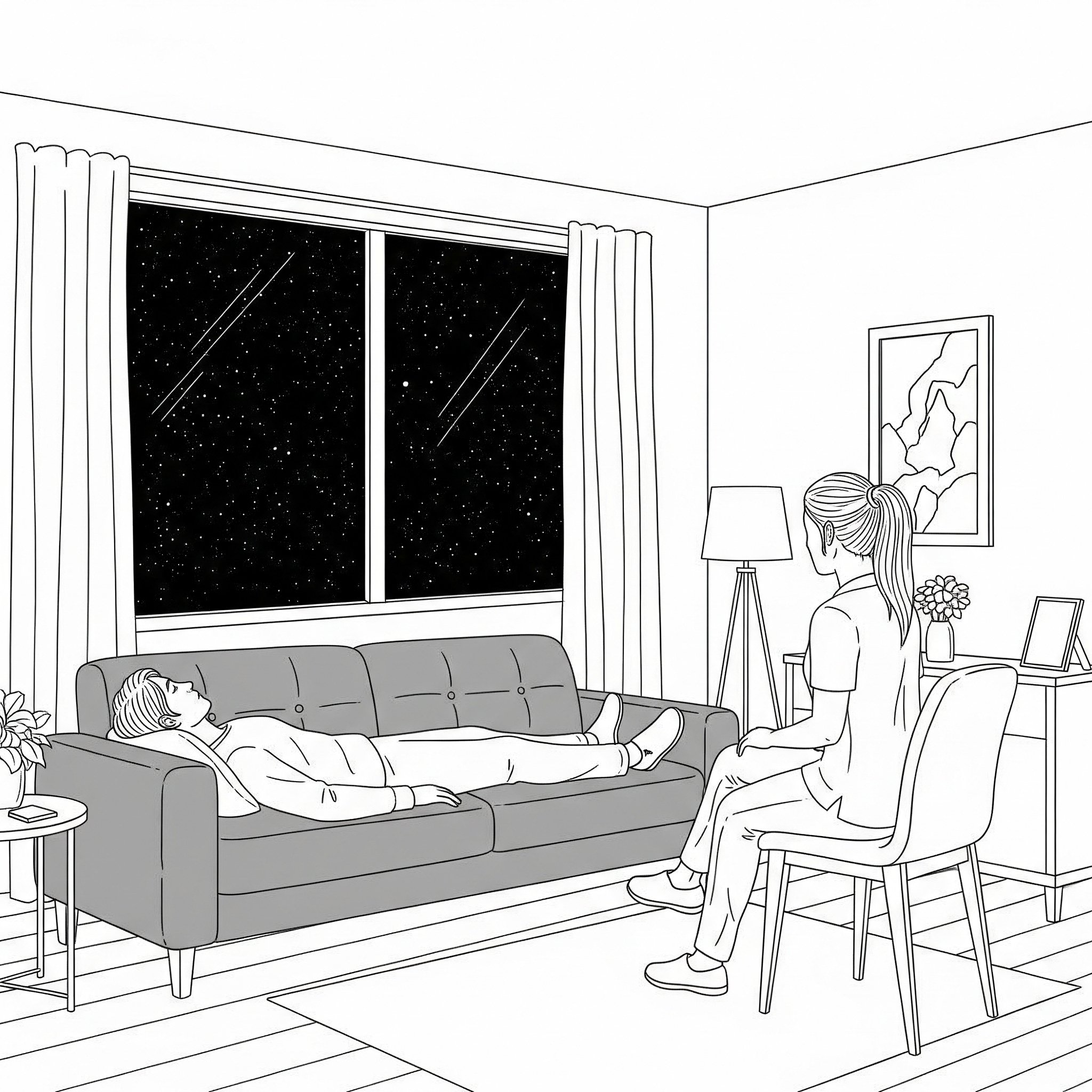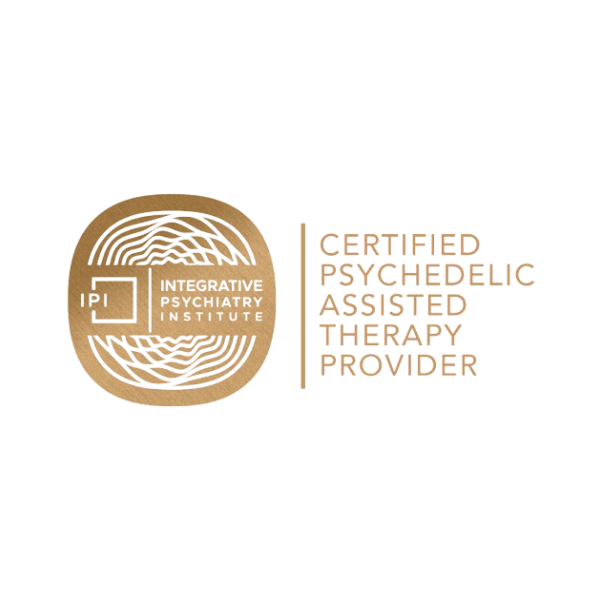Components of the Psychedelic Experience
Journeyer
This is someone who has taken a psychedelic in order to experience a non-ordinary state for the purpose of discovery, healing, and growth.
Facilitator
This is your guide through your psychedelic journey. They may be an experienced journeyer, a spiritual guide, a shaman, or a mental health trained clinician who in this format, serves in this role as a guide rather than a clinician. This person provides guidance in a non-clinical setting, offering safety in your environment, supportive interventions (keeping you warm, hydrated, and may in some cases provide therapeutic touch, ie. hand holding, gentle pressure on shoulders, etc.). They stay with you and also support you through any challenging moments in your journey should this occur.
Psychedelic-Assisted Psychotherapy
Refers specifically to the use of a psychedelic compound either immediately preceding or during a classic psychotherapy talk session with a licensed psychotherapist/Psychiatrist. The therapist may be part of a program, or may provide therapy in preparation and integration only.
Through the emotional opening and novel states of consciousness provided by the compound and experience, the Client (Journeyer) is often able to reach new depths in understanding, or cover ground that may have taken longer to arrive at in traditional talk therapy.
Of note …
*Psychedelic Therapy program. Whether through different therapeutic experiences such as at-home sessions, curated and personalized programming, or orchestrated by the recommendation of an experienced facilitator, psychedelic therapy programs are similar to psychedelic-assisted psychotherapy but may not necessarily include formal psychotherapy sessions and may not involve a licensed psychotherapist. There is often supporting integration work to help understand the experience, but again, it is an important distinction to make that these programs and protocols do not necessarily involve trained and skilled psychotherapists.
*Individual Psychedelic Therapy Experiences. These can take the form of healing retreats, personal or recreational individual undertakings, or participation in ongoing clinical research studies. This is a category of experiences that may include only individual sessions, exist outside of a clinical environment, or be part of an on-going study to research and validate safety or efficacy profiles for new compounds or techniques that are actively being researched.



